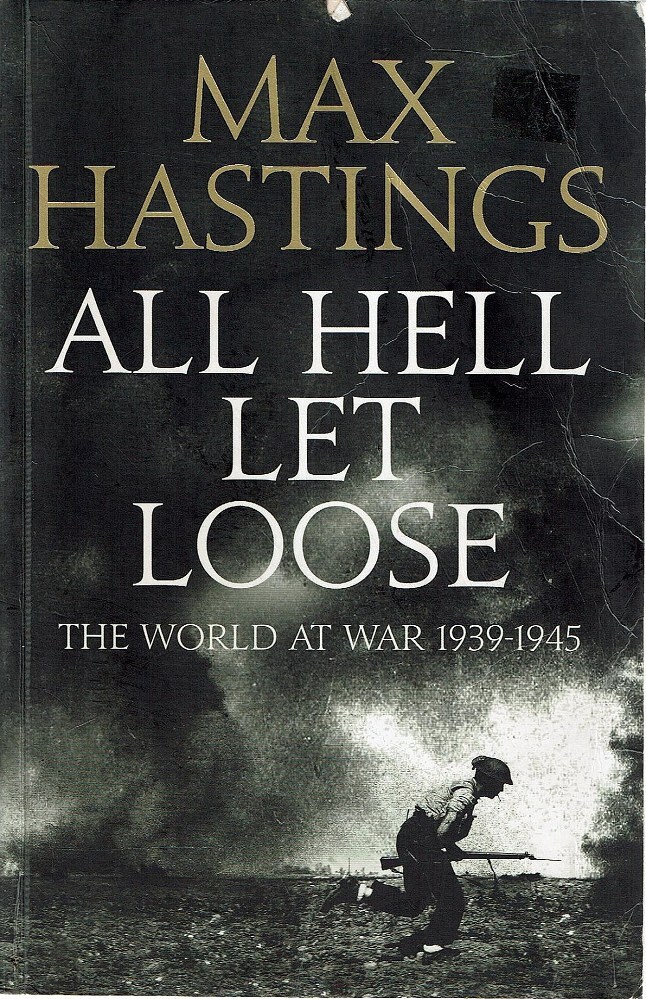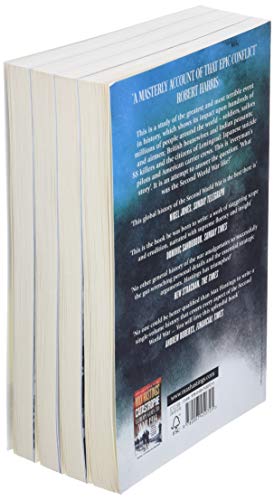

He states strong criticisms of various well-known military leaders. However, Hastings's writing is so lucid and lively that I was engrossed.Hastings has a distinct point of view. This book focuses primarily on the tactical and military history (except for chapters 13 and 20), which has not been of particular interest to me previously. He picked himself up, however, and struck Carnera a blow that rendered him unconscious."I'm much more familiar with social and political histories of WW2. Masaki had never entered a boxing ring in his life, and was knocked down when the cameras began to roll. To this end, a fight was staged between former world heavyweight champion Primo Carnera and Kay Masaki, a black South African taken prisoner in the desert. Hastings then offers this anecdote: "Mussolini's propaganda department in Rome made a film designed to demonstrate the superiority of fascist manhood. In one such case, he writes about how Italy was boastfully confident about its military prowess, but then lost a huge percentage of its military capacity during the North African campaign. He starts with a 10,000-foot descriptive overview, buttressed with statistics and other data, but then lasers in with a story that encapsulates his point. When Britain declared war two days after the invasion, Hastings describes how Luftwaffe chief Hermann Goering phoned von Ribbentrop and ripped him a new one.)Hastings uses an effective system to make vivid and understandable points.

(For example, Joachim von Ribbentrop, Germany's Ambassador to Britain, insisted to Hitler that Britain would not intervene if Germany invaded Poland. When the statesmen and generals are heard from, it is more in their human roles, not their official statuses.

The book's readability is largely due to Hastings's inclusion of so many views from soldiers and civilians involved in the action. Max Hastings's impressive achievement here is that he has written such a readable one-volume study of the war.



 0 kommentar(er)
0 kommentar(er)
